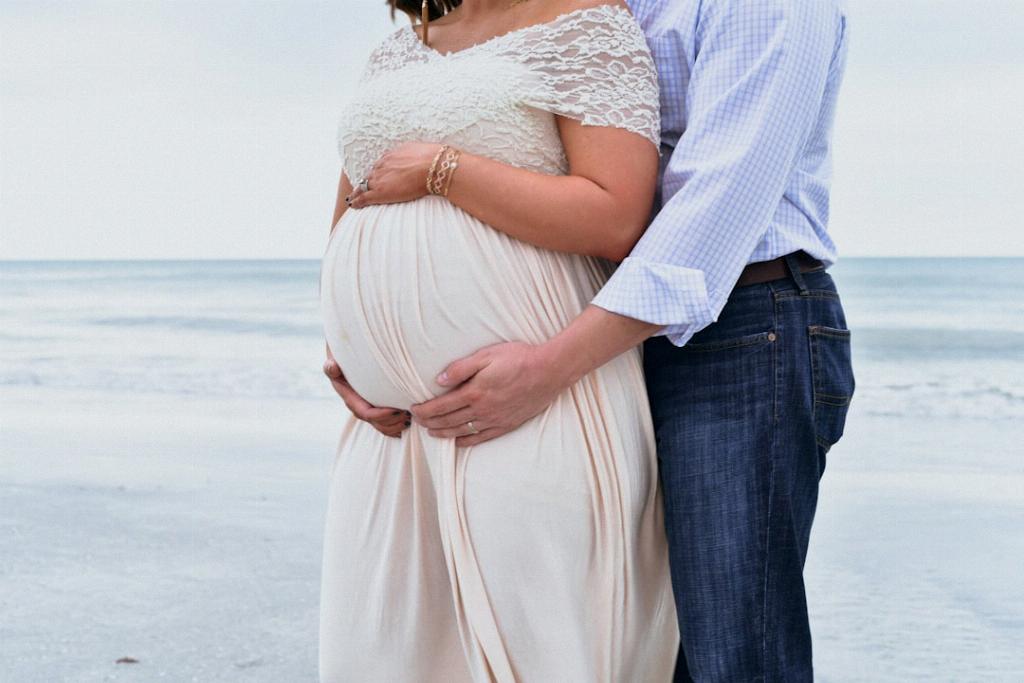When it comes to what seafood is safe to consume during pregnancy, many expectant mothers often have reservations and uncertainties. It is crucial for pregnant women to maintain a well-balanced diet to ensure the health and development of their growing baby. Contrary to popular belief, there are numerous seafood options that are not only safe but highly beneficial during pregnancy.
The Benefits of Seafood Consumption
Seafood is rich in essential nutrients such as omega-3 fatty acids, protein, vitamins, and minerals that are vital for both maternal and fetal health. Omega-3 fatty acids, in particular, play a pivotal role in the development of the baby’s brain and eyesight. Consuming seafood in moderation can help pregnant women meet their nutritional requirements and support the overall well-being of both mother and child.
Safe and Nutritious Seafood Choices
Fortunately, there is a wide variety of seafood options that are deemed safe for consumption during pregnancy. Fish such as salmon, trout, and canned tuna are excellent sources of protein and omega-3 fatty acids. Additionally, shellfish like shrimp, crab, and scallops are low in mercury and high in essential nutrients, making them ideal choices for expectant mothers.
Avoiding High-Mercury Fish
While seafood is an excellent source of nutrition for pregnant women, it is essential to exercise caution when consuming certain types of fish that are high in mercury. Species such as swordfish, king mackerel, and tilefish should be avoided during pregnancy due to their high mercury content, which can be harmful to the developing fetus.
Guidelines for Safe Seafood Consumption
When selecting seafood during pregnancy, it is crucial to follow certain guidelines to ensure the safety of both mother and baby. Opt for fresh or frozen seafood from reputable sources, avoid raw or undercooked fish, and limit consumption of high-mercury fish to protect the health of the developing fetus.
Consulting with a Healthcare Provider
Expectant mothers should consult with their healthcare provider or a registered dietitian before making any significant changes to their diet, including increasing seafood consumption. Healthcare professionals can provide personalized recommendations based on individual dietary needs and health considerations.
Ensuring Food Safety
Proper food safety practices are essential when preparing seafood during pregnancy to prevent the risk of foodborne illnesses. Thoroughly cooking seafood to the recommended internal temperature, avoiding cross-contamination, and refrigerating leftovers promptly are crucial steps to safeguard maternal and fetal health.
Exploring Culinary Options
Incorporating seafood into a balanced pregnancy diet can be a flavorful and enjoyable experience. Expectant mothers can experiment with various cooking methods, such as baking, grilling, or steaming, to enhance the taste and nutritional value of seafood dishes while ensuring food safety.
Listening to Your Body
As with any dietary changes during pregnancy, it is important for expectant mothers to listen to their bodies and pay attention to any adverse reactions or discomfort after consuming seafood. If any concerns arise, it is advisable to consult with a healthcare provider promptly.
Conclusion
In conclusion, seafood can be a valuable addition to a well-rounded pregnancy diet, offering a myriad of nutritional benefits for both mother and baby. By making informed choices, following guidelines for safe seafood consumption, and seeking guidance from healthcare professionals, expectant mothers can enjoy a variety of safe and nutritious seafood options throughout their pregnancy journey.

